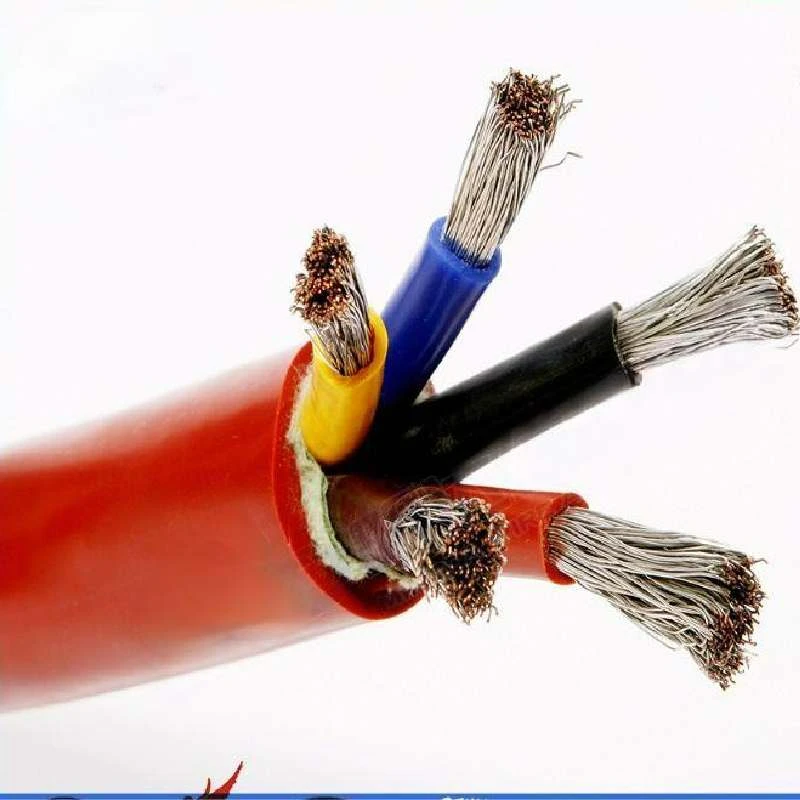1 月 . 07, 2025 10:16 Back to list
ball valve
Ball valves
, a cornerstone in fluid handling systems, offer unparalleled efficiency and durability. With decades of practical experience and a foundation in engineering expertise, this article delves into why ball valves stand as a premier choice in various industrial and domestic applications.
Functionally, ball valves control fluid flow through a rotating spherical disc with a central bore. When aligned with the pipe, this bore allows fluids to pass; when perpendicular, it halts the flow. This straightforward mechanism assures quick operation, minimal pressure drop, and a secure seal even after many cycles, ideal for both on/off applications and fluid throttling.
Renowned for their versatility, ball valves are invaluable across industries—oil and gas, pharmaceuticals, water treatment, and more. Each sector appreciates their unique attributes resistance to contamination, high pressure, and temperature endurance, and suitability for both liquid and gaseous media. Their capacity to handle viscous fluids without clogging elevates them above other valve types, particularly in refining and chemical processing.

From an expert's perspective, the construction of ball valves dictates their performance. They typically comprise stainless steel, brass, or PVC, chosen based on the application's environment. Stainless steel, with its corrosion-resistant properties, is perfect for high-pressure scenarios and corrosive substances. Brass, balancing durability and affordability, finds use in moderate systems, while PVC, lightweight and versatile, serves in low-pressure or non-corrosive settings.
An authoritative assessment of ball valves highlights their endurance and low-maintenance nature. Unlike gate valves, which risk damage over time, ball valves maintain a tight seal with lesser wear and tear. Designs like full-port ball valves provide maximum flow, as their internal diameter matches the pipe's, eliminating any pressure drop and making them optimal for applications needing free flow. Reduced-port valves, offering controlled flow, suit processes requiring precise fluid management.
ball valve
Expertise in installing ball valves centers around understanding pressure ratings, temperature limits, and actuation types—manual, electric, or pneumatic. Correct installation, ensuring no stress, misalignment, or contamination during setup, enhances valve longevity and reliability. Periodic maintenance, involving lubrication and inspection, further assures seamless operation, safeguarding against unexpected failures.
Trust in ball valves is fortified by adherence to international standards like ISO, API, and ASME. These certifications guarantee product quality, safety, and compatibility with global industrial requirements. When procuring ball valves, selecting certified products from reputable manufacturers ensures reliability, backed by rigorous testing and extensive research and development efforts.
In modern automated systems, ball valves integrate seamlessly with actuators and control systems, allowing precise remote operations. Smart valves equipped with sensors provide real-time data, offering predictive maintenance insights and improving operational efficiency. This technological adaptation places ball valves at the forefront of innovative fluid control solutions.
For professionals seeking robust and reliable fluid control, ball valves present a trustworthy solution. Combining design simplicity with sophisticated functionality, ball valves cater to varying pressure and temperature conditions while ensuring minimal maintenance and operational efficiency. Through careful material selection and understanding of their operational environment, ball valves not only fulfill industry demands but also push boundaries in fluid handling technology.
Share
-
Understanding the Differences Between Wafer Type Butterfly Valve and Lugged Butterfly ValveNewsOct.25,2024
-
The Efficiency of Wafer Type Butterfly Valve and Lugged Butterfly ValveNewsOct.25,2024
-
The Ultimate Guide to Industrial Swing Check Valve: Performance, Installation, and MaintenanceNewsOct.25,2024
-
Superior Performance with Industrial Swing Check Valve: The Essential Valve for Any SystemNewsOct.25,2024
-
Industrial Swing Check Valve: The Ideal Solution for Flow ControlNewsOct.25,2024
-
You Need to Know About Industrial Swing Check Valve: Functionality, Scope, and PerformanceNewsOct.25,2024